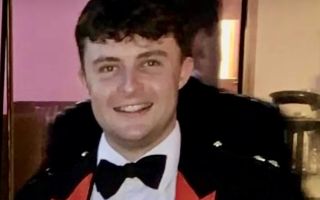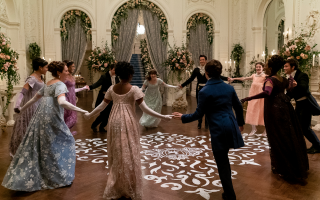From exclusion to honour: The long road to making amends to LGBT veterans
The King recently made history by unveiling a national memorial dedicated to LGBT members of the UK Armed Forces – the first time a reigning monarch had attended an LGBT-themed event.
The emotional ceremony at the National Memorial Arboretum was watched by hundreds of veterans whose military careers – and too often their entire lives – were devastated by the so-called gay ban, which remained in place until January 2000.
While the King's presence underlined the state's desire to acknowledge and repair that past, implementing restorative measures for affected veterans and securing empathy from non-LGBT former service personnel remains a work in progress.
Background
In July 2023, the Government published the final report of the LGBT Veterans Independent Review, led by the late Lord Etherton, which examined the experiences of service personnel affected by the ban on LGBT people serving in the Armed Forces between 1967 and 2000.
The review uncovered widespread evidence of injustice, including forced discharges, intrusive investigations, loss of medals and pensions, and long-term psychological harm.
It made 49 recommendations, among them a formal public apology from the Prime Minister, the creation of a Financial Recognition Scheme (FRS) to provide redress, the correction of military records and the commissioning of a national memorial to honour LGBT veterans.
The Government says it has delivered on 48 of those recommendations, with one remaining – an LGBT veterans strategy.
But the road to putting the wrongs of the past right has been marred by delays and frustration.
For some, the fight is not yet over.
Delays with making Financial Recognition Scheme payments
In December 2024, the Government opened the FRS – a programme designed to make redress payments to those who were impacted by the gay ban.
Those accepted onto the scheme are entitled to a £50,000 Discharged or Dismissed Payment, and may also apply for an additional top-up of up to £20,000, known as the Impact Payment.
Yet the MOD has faced criticism over delays in making those payments.
In August, nine months after the scheme launched, BFBS Forces News reported that just 96 people had received payments from the 1,119 who had applied.
At the time, the MOD said it was prioritising payments to the elderly and those with serious health conditions.
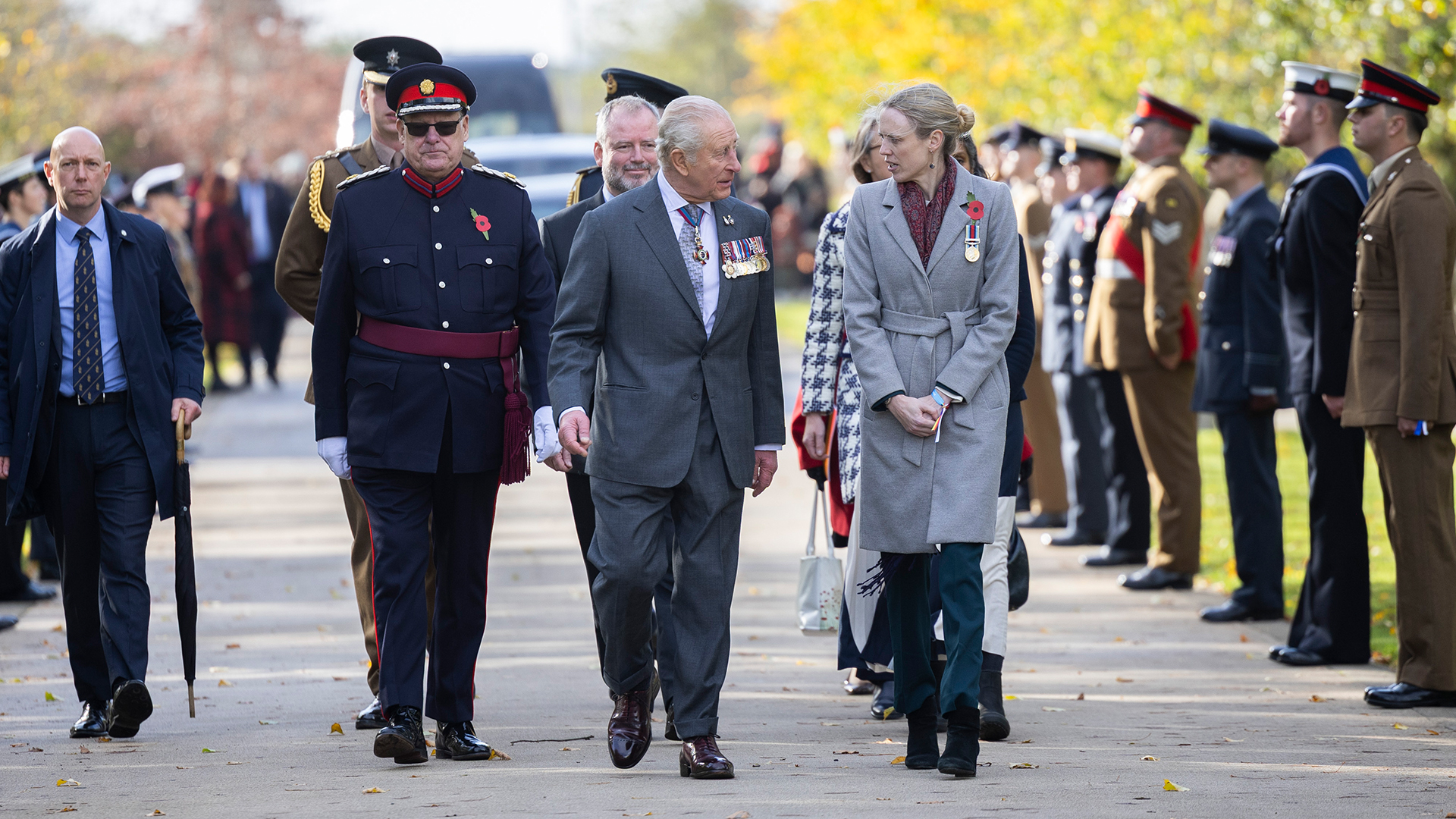
People have been waiting long enough, says minister
To help tackle the issue, in July, then-Veterans Minister Al Carns increased the size of the team working on processing payments – and his replacement in the role, Louise Sandher-Jones, admits "people have been waiting long enough".
She told BFBS Forces News: "Of course, we would have liked to have seen all those payments going out as quickly as possible.
"The first payments went out 15 weeks after the first application. There is some complex work, records have to be found, which can make it seem longer than you might necessarily expect on first sight.
"But I think what's super clear is that we do need to go faster. We have brought in changes to make sure processes are as quick as they can be, and I absolutely get that we have to get this money out of the door as fast as possible."
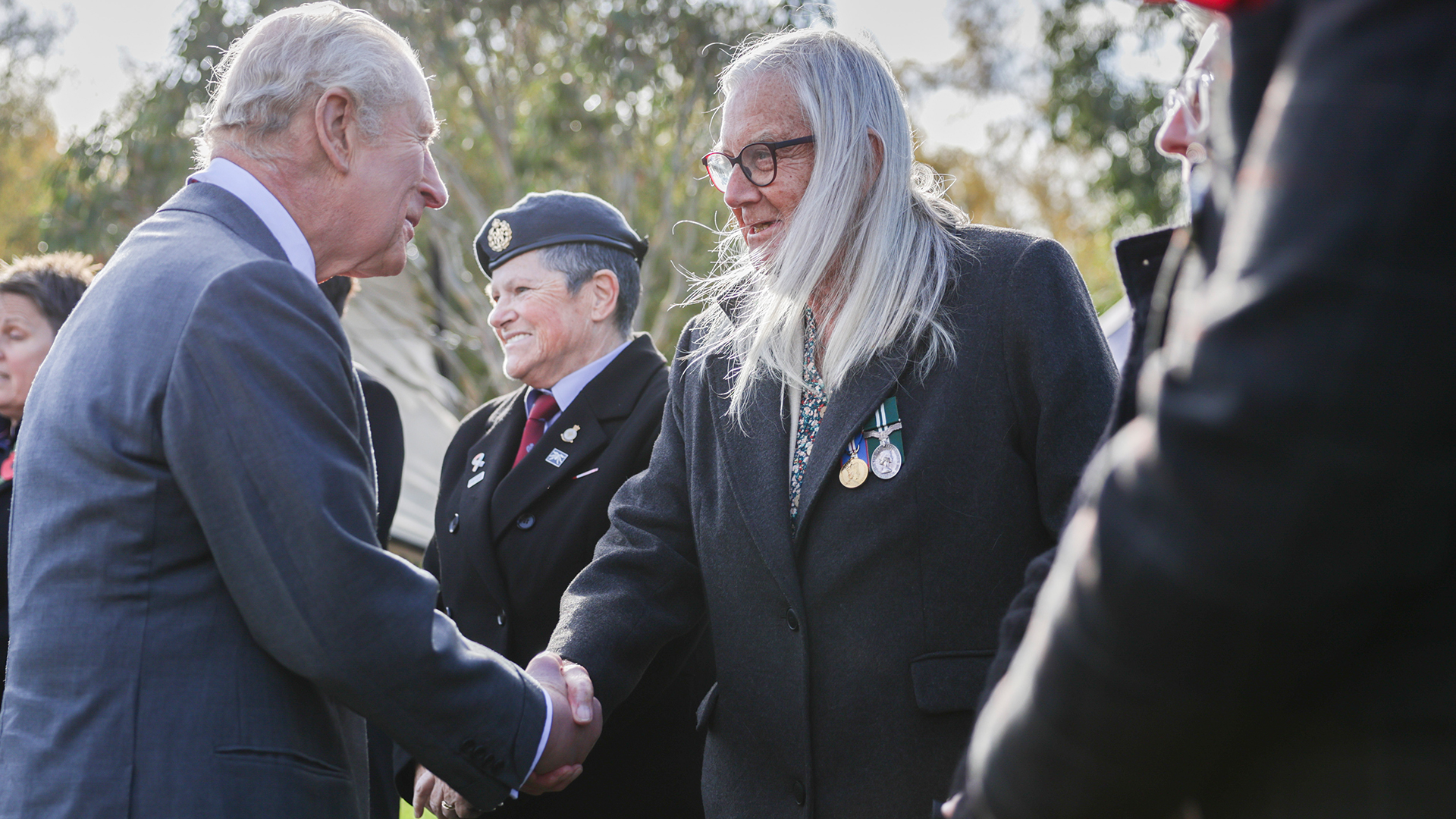
Issues with assessing applications for Impact Payments
The top-up scheme, which permits payments of up to £20,000 on top of the standard £50,000 awarded to those discharged or dismissed under the ban, has also faced criticism.
Applications to the scheme are assessed by an independent panel led by Lord Brian Paddick, the former deputy commissioner of the Metropolitan Police.
But applications are only assessed on the merits of events that took place up until the moment an individual was discharged from service.
The rules mean that if somebody went on to experience consequences in later life related to their military discharge, the Impact Payment scheme would view these matters as irrelevant.
BFBS Forces News previously spoke to veterans impacted by the ban while filming a special report called The Forgotten Battle. We heard from Stephen Close, who was discharged from the Army and imprisoned in 1980 after being reported to his chain of command for being gay.
While filming, he recalled that in the 1990s, 15 years after his ordeal in the Army, he lost his job after his company introduced background checks on all employees.
As military convictions were visible on a criminal record check, his sexual crime, as it was classified, resulted in him leaving his role.
Under the Impact Scheme’s assessment criteria, factors such as the psychological impact of Stephen losing his job would not be taken into account.
Some veterans say this is unfair.
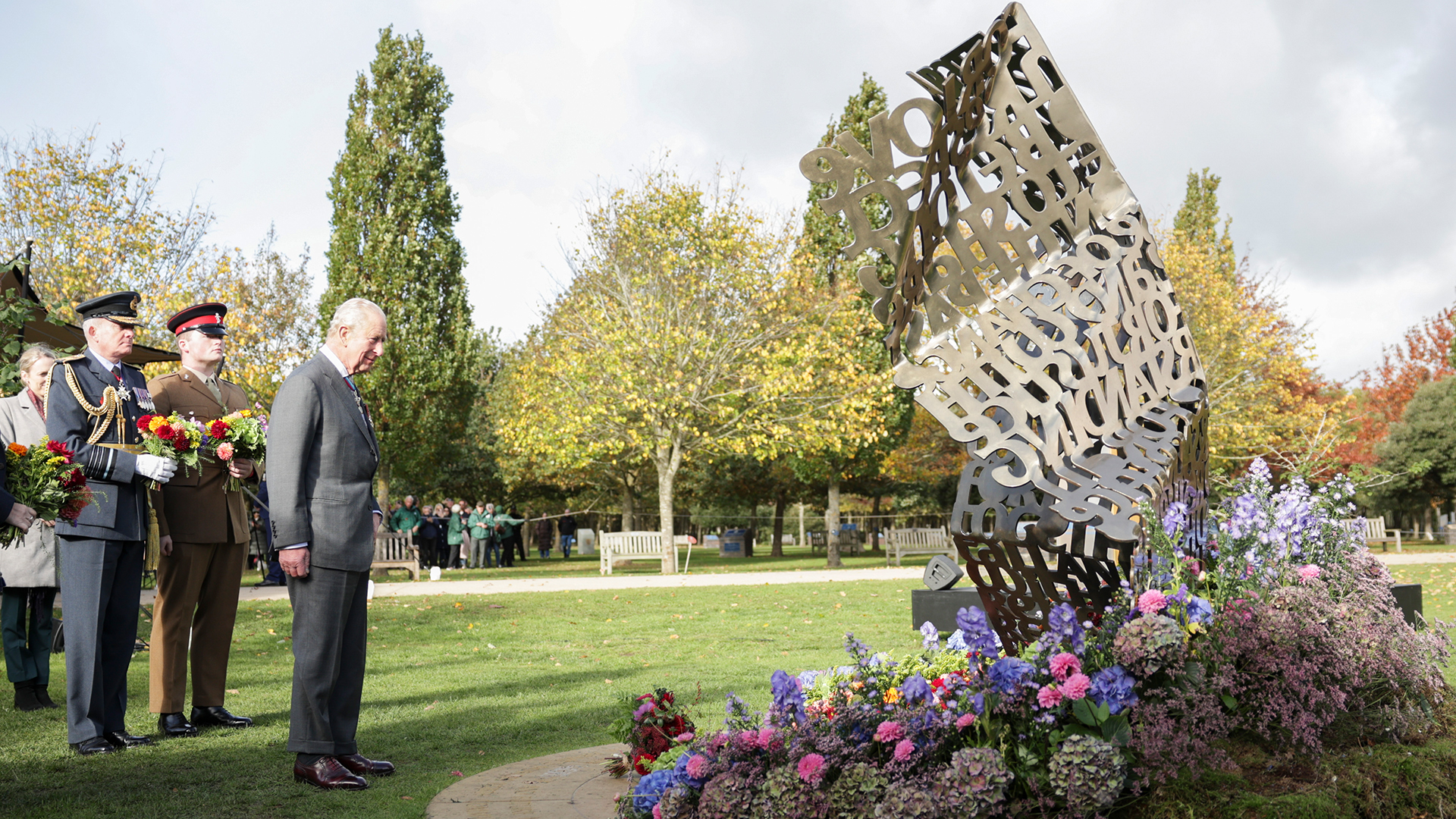
Those wrongly accused
BFBS Forces News has also heard from three Army veterans who were discharged together after being wrongly accused of homosexuality.
The Impact Payment panel awarded the men different amounts, although their experiences were exactly the same.
All three have refused the offer and are seeking a review of Lord Paddick's panel decision.
No individual accountability
In evidence submitted to Lord Etherton's inquiry, victims spoke bravely, some for the first time, about the abuses they experienced while investigations were carried out.
Veterans, including Stephen Close, also spoke to BFBS Forces News about their experiences, which for Stephen included what he described as an intrusive medical examination carried out in view of his fellow soldiers.
Another veteran, Carol Morgan, described the pleasure that Military Police officers investigating her seemingly took from the trauma they were inflicting.
"My room was ransacked," she recalled. "Photos and letters were taken. I was marched into the adjutant's office, where two SIB [Special Investigations Branch officers] were sat behind a desk with a chair in front of it and I was told to sit down.
"They grilled me for hours, insinuated I was in a sexual relationship and asking intimate questions about what we got up to in bed, how did we do it.
"After I can't remember how many hours, I just broke down and cried. I cried and admitted I was gay."
Stephen and Carol's stories are just two of many outlining the intrusive and sometimes abusive investigations those suspected of being gay had to endure.
Yet while a Prime Minister has apologised on behalf of the British state, and while payments are being made acknowledging the wrongdoing that occurred, no one individual has ever been asked to account for their actions while implementing the rules.
It's something the Government has no appetite to change. Speaking moments before the King arrived to unveil the LGBT+ Armed Forces Memorial, Veterans Minister Louise Sandher-Jones said it was important to recognise that "under the ban, there was an obligation on the Royal Military Police to investigate where people were falling foul of the ban".
She added: "I think rather than pointing the fingers at individuals, what we should be doing is looking at the system that we put in place and made that environment where this behaviour could happen.
"We've heard some awful testimony of people saying that we had RMP personnel going through their private things trying to find evidence. But the injustice was the ban in the first place that was making them do it."
Empathy of fellow veterans
The events of the past two years following Lord Etherton's report have brought opportunities for closure to those impacted by the ban.
Re-watching the moment Rishi Sunak, then-Prime Minister, apologised on behalf of the British state for the events and prosecutions that took place, veterans such as Carol Morgan and others we spoke to were brought to tears.
The steps that have been taken – the wrongs that have been put right – while sometimes marred by delays or other problems, have been largely welcomed by those most affected by the ban on gay people in the military.
Yet for some, empathy from non-LGBT veterans has often seemed absent.
This is something BFBS Forces News has seen in comments left on social media platforms such as Facebook when stories detailing events like the Prime Minister's apology have been posted.
Frequently, comments suggesting that the Government's restorative measures are wrong and that "people knew the rules when they signed up" can cause deep hurt.
Peter Gibson, the chief executive of Fighting With Pride, said: "As we work to find LGBT veterans and support them on that journey of recognition and reparation, as so visibly aided by His Majesty the King last week, the negative remarks from those who lack knowledge and understanding of our community's battles, or simply wish to demonstrate their ignorance, homophobia and bigotry make our job that little bit harder.
"The strength of our veterans, however, continues to grow, and we would encourage all, regardless of the voices of the armchair critics, to ignore them and come forward and get the support of Fighting With Pride and the warm welcome of our veterans."
A lasting memorial
The commissioning of a lasting memorial to the LGBT Armed Forces community, unveiled by the King at the National Memorial Arboretum and paid for by the MOD, will serve as a tribute to those who were impacted by the ban – many of whom did not live to see its construction.
But those responsible for its design and establishment say that while it crucially acknowledges that painful past, it also pays tribute to those serving today, and importantly, those LGBT individuals who are yet to serve and fight for King and country.
In a statement, an MOD spokesperson said:
“The LGBT Financial Recognition Scheme recognises the hurt caused for those who served under and suffered from the Ban on LGBT personnel serving in HM Armed Forces between 1967 and 2000, as recommended in the Etherton Review.
“This Government is committed to righting these historic wrongs, supporting LGBT veterans, and improving the experience of LGBTQ+ personnel in the Armed Forces.
“We commend the courage of those who have shared their experiences, and we remain dedicated to ensuring all personnel feel valued, respected, and able to thrive in our Armed Forces.”



